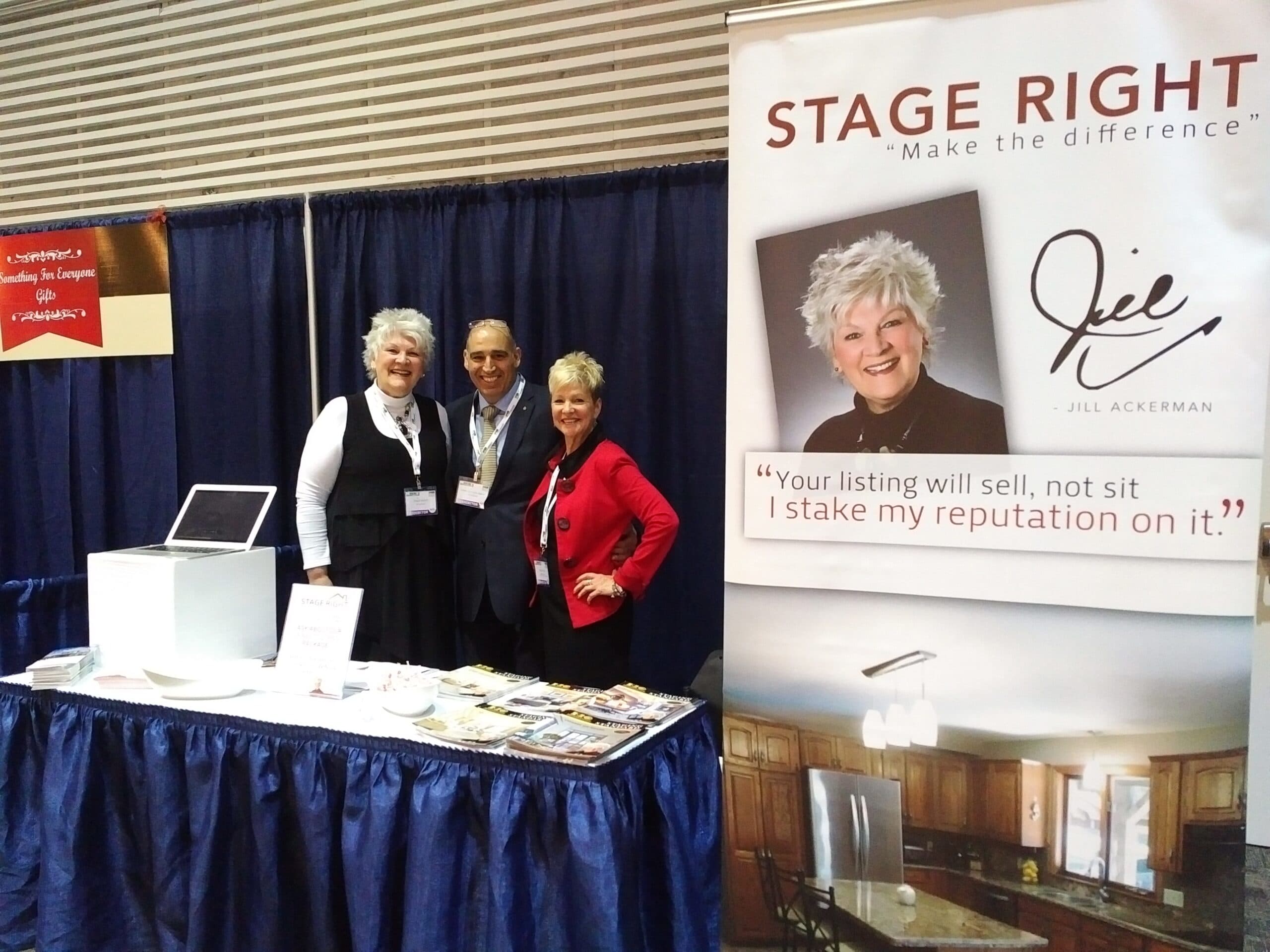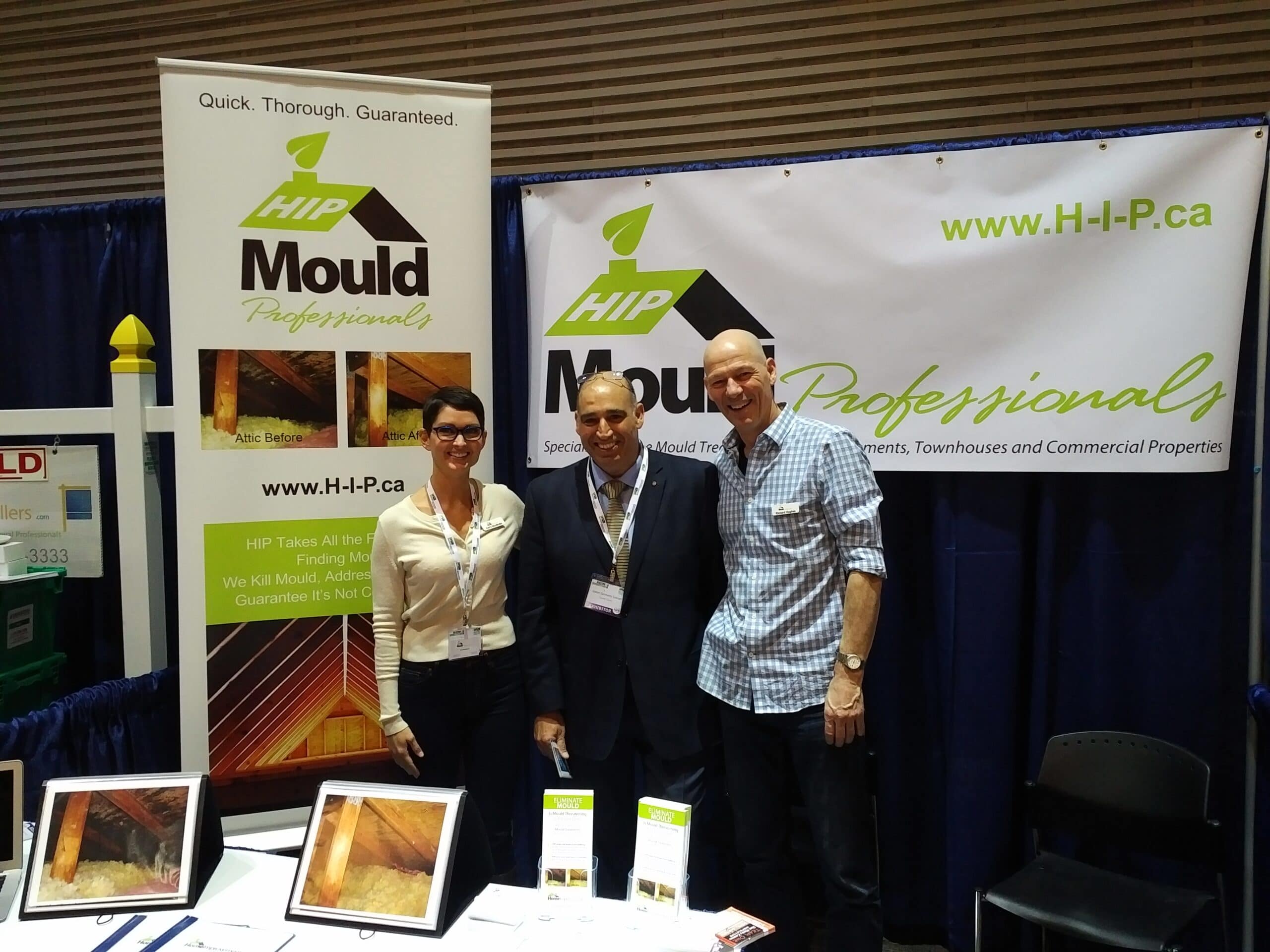(THIS IS NOT LEGAL ADVICE – the discussion is just one lawyer’s observations and views intended for a general audience)
The concern for buyers is that they may be laid off and not have the financial resources to carry a mortgage for an indefinite time after closing until their financial circumstances go back to normal.
It is a real dilemma.
A quick review of the standard OREA purchase and sale agreement shows that it does not contain a “Force Majeure” clause.
Force Majeure is a very unique legal concept that can relieve parties from their contractual obligations – like closing on a real estate transaction - on the narrow and high threshold exception where something not reasonably expected interferes and makes closing impossible or impracticable.
The legal principle is important because it can be used by a buyer who fails or refuses to close on a deal to be released from the contractual obligation to close and secure return of their deposit.
Presently, the virus is a worldwide pandemic that no one could have reasonably expected resulting in such great economic decline, particularly of non-essential products and services – with massive layoffs, financial uncertainty and massive number of EI applications. (See Wikipedia definition of force majeure https://en.wikipedia.org/wiki/Force_majeure)
Even if a buyer is not laid off work, the response to the pandemic has necessitated an economic slowdown so great that most industries are affected resulting in widespread economic uncertainty.
Clearly the State of Emergency called by Cities and Provinces and the looming imposition of the Federal War Measures Act – all speak loudly to the application of a “force majeure”.
Beware, the legal principle of force majeure is not an automatic right. The burden remains on a buyer to argue the application of a force majeure in a court of law if a seller refuses let the buyer out of the binding agreement and/or return of the buyer’s deposit.
Although our office has not yet had a buyer failing or refusing to close, this is a risk as time passes. As we see deals not closing, litigation may follow the end of the pandemic and economic recovery.
So, what should realtors do in the meantime to protect themselves and their clients?
There are two clauses you should advise your clients to include in purchase offers or counter-offers, namely:
- A force majeure clause and;
- An employment clause that allows your client to be released from the deal and return of deposit if they are laid off or terminated from employment prior to closing.
I understand that such clauses could jeopardize acceptance by a seller. Nevertheless, realtors should advise their clients to include such clauses and document your advice by sending the client an email.
We, at GGS, would be happy to assist in drafting these clauses to include in offers and counter-offers on behalf of your clients.
Regards,
Karmel Sakran
Managing Lawyer
GREEN GERMANN SAKRAN
411 Guelph Line, P.O. Box 400
Burlington, ON L7R 3Y3
T: 905-639-1222
F: 905-632-6977

 Left to Right: Jill Ackerman, Karmel Sakran and Shardie Stevenson
Left to Right: Jill Ackerman, Karmel Sakran and Shardie Stevenson Left to Right: Kerry MacMullin, Karmel Sakran and Richard Hughes
Left to Right: Kerry MacMullin, Karmel Sakran and Richard Hughes